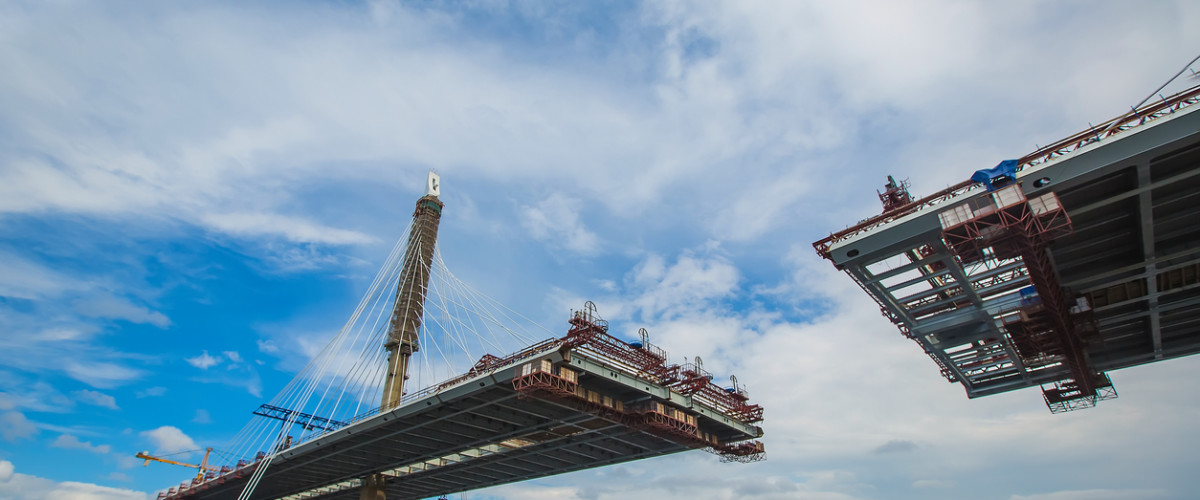Building Bridges

A story from my college days. I came back from lunch with some friends one day in January 1981 and found a note from the dean of men in my dormitory mailbox. He was giving me a new roommate, an English as a Second Language student from Egypt. He was a Muslim. The dean considered the options and thought I might be a good choice.
I read the note to my friends and they started offering themselves as alternates.
That’s when Charlie, the new student’s sponsor, overheard their remarks and came up and introduced himself and Abdel to me. My friends quickly disappeared. Charlie confessed he was nervous for Abdel, but told me his fears were relieved when he saw the picture of my girlfriend (now my wife of 37 years) on my dresser. Her dad was Charlie’s pastor.
Abdel and I had a great time getting to know one another in the months that followed. I helped him find the direction of Mecca for prayer. He introduced me to some very strong and sweet tea, and to the music of Umm Kulthum. We discussed religion and Middle East politics until late at night; I had an English Quran and I bought him an Arabic Bible. He tried teaching me some Arabic, but I was a slow learner.
That friendship opened to me the world of interfaith dialogue. It became an important aspect of my ministry as a pastor, as a university chaplain, and as a military chaplain. Years later, I was to teach World Religions for several years at a local community college (and in a prison), and I always started the semester with this story.
When I deployed to Kuwait as an Army chaplain in 2013, my commander sought my insight as we prepared for partnership missions in different countries in the Gulf region. I built relationships with Islamic Affairs Officers of the Kuwait Ministry of Defense and invited them to give presentations to my Soldiers on what Americans in the Middle East should know about Islam. I took soldiers to the Grand Mosque of Kuwait and to the Museum of Islamic Arts in Doha, Qatar.
I treasure my friendships with Muslims in my home town of Houston, and in the wider neighborhood of Texas.
A few years ago I was curious if I could reconnect with my old friend, Abdel, on Facebook. I wrote to some Egyptians with the same last name and was thrilled when Ahmed, one of Abdel’s nephews, responded. It turned out he was finishing his master’s and was looking at doing his Ph.D. in Texas. A few months later, a couple of days after he arrived at his new university in Texas, I drove four hours to connect with him; I took him to Iftar at a local Mediterranean restaurant. And our second generation friendship was sealed.
This is what interfaith dialogue is about—building friendships, learning about one another, and learning to treasure diversity.
Diplomats have traditionally been older, seasoned men and women who have laid aside some of their passion for being right in favor of a passion for building bridges. The older I get, the more important this bridge-building becomes to me, both in my neighborhood and in the wider circles in which I travel.
The world today needs, as never before, the wisdom of elders who value diversity and understanding, and who seek out these kinds of relationships.
I write this two days after a white supremacist murdered 50 Muslims at mosques in New Zealand. Tonight, I will stand with my Muslim friends and neighbors at a vigil in Houston. Our candles will stand out in the night as a sign that we do not share the passions of fear and hate that swell in our society. We will stand in solidarity, optimistic that light will triumph over darkness, and unity over division.
I invite you to share this hope. I invite you to reach out in your community, to be a force for good, to forge new friendships, and to rejoice in the diversity in your neighborhood.
William J. Cork
